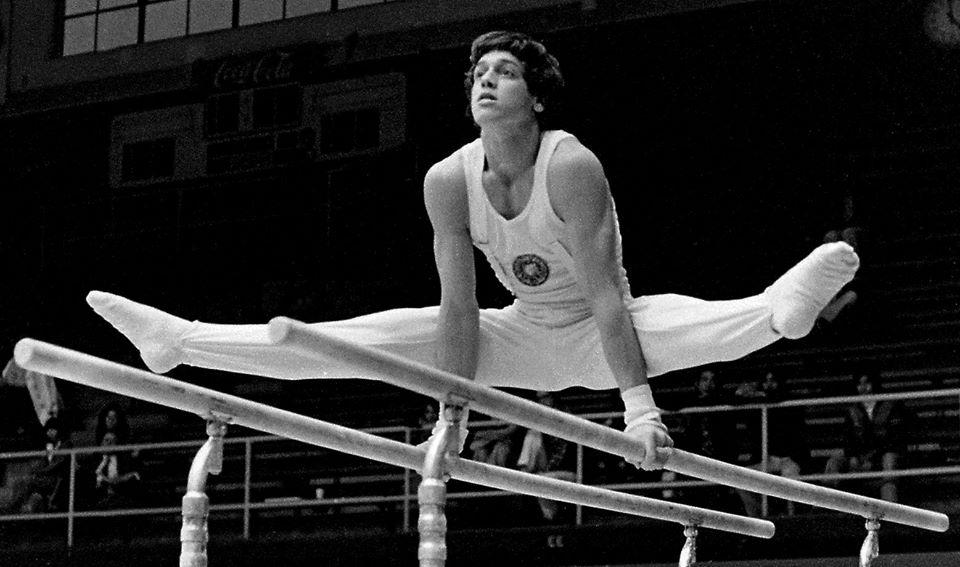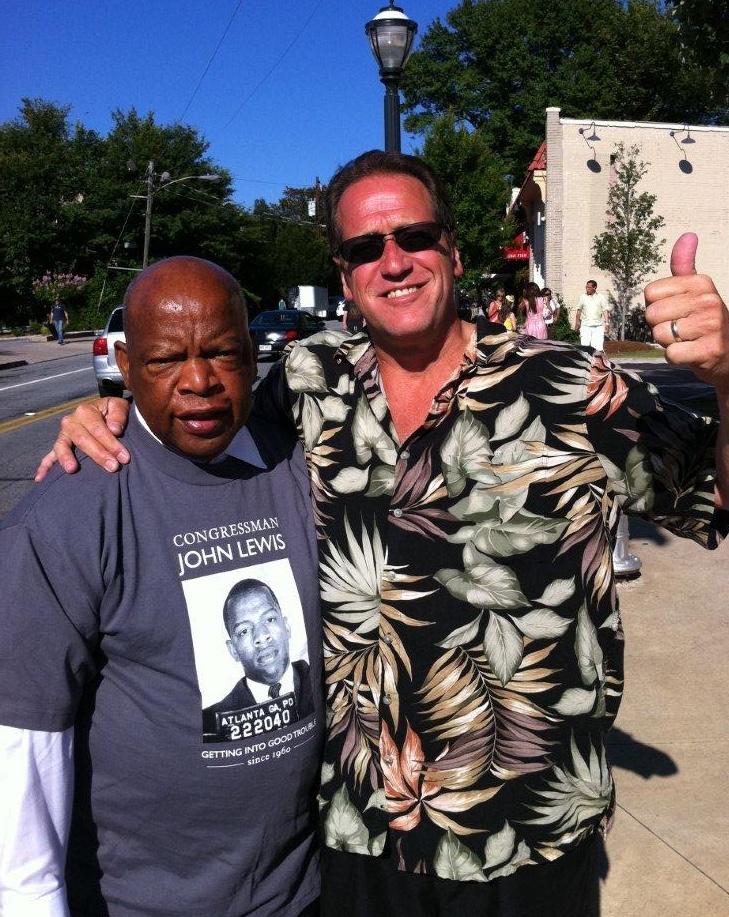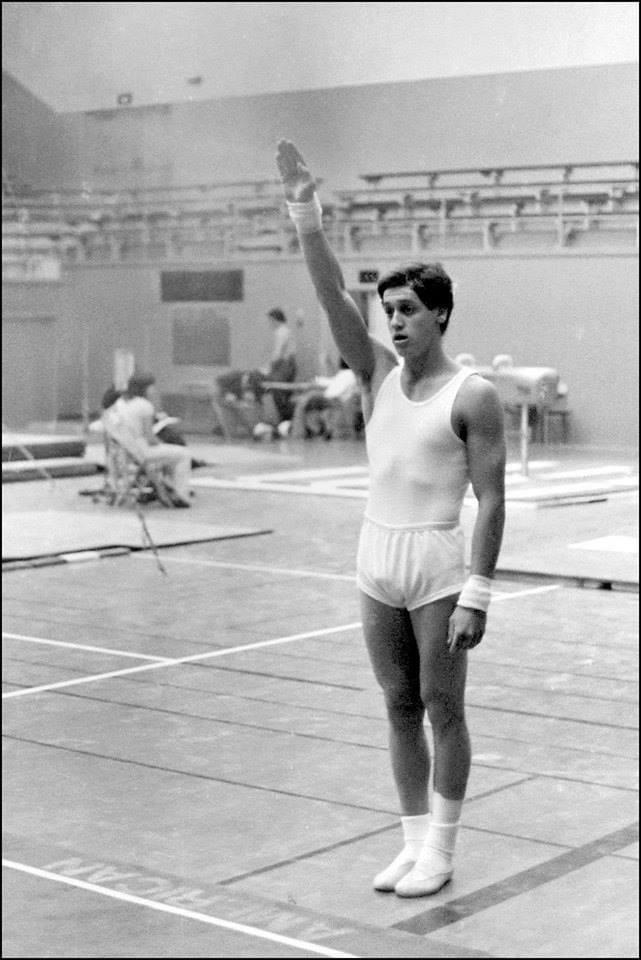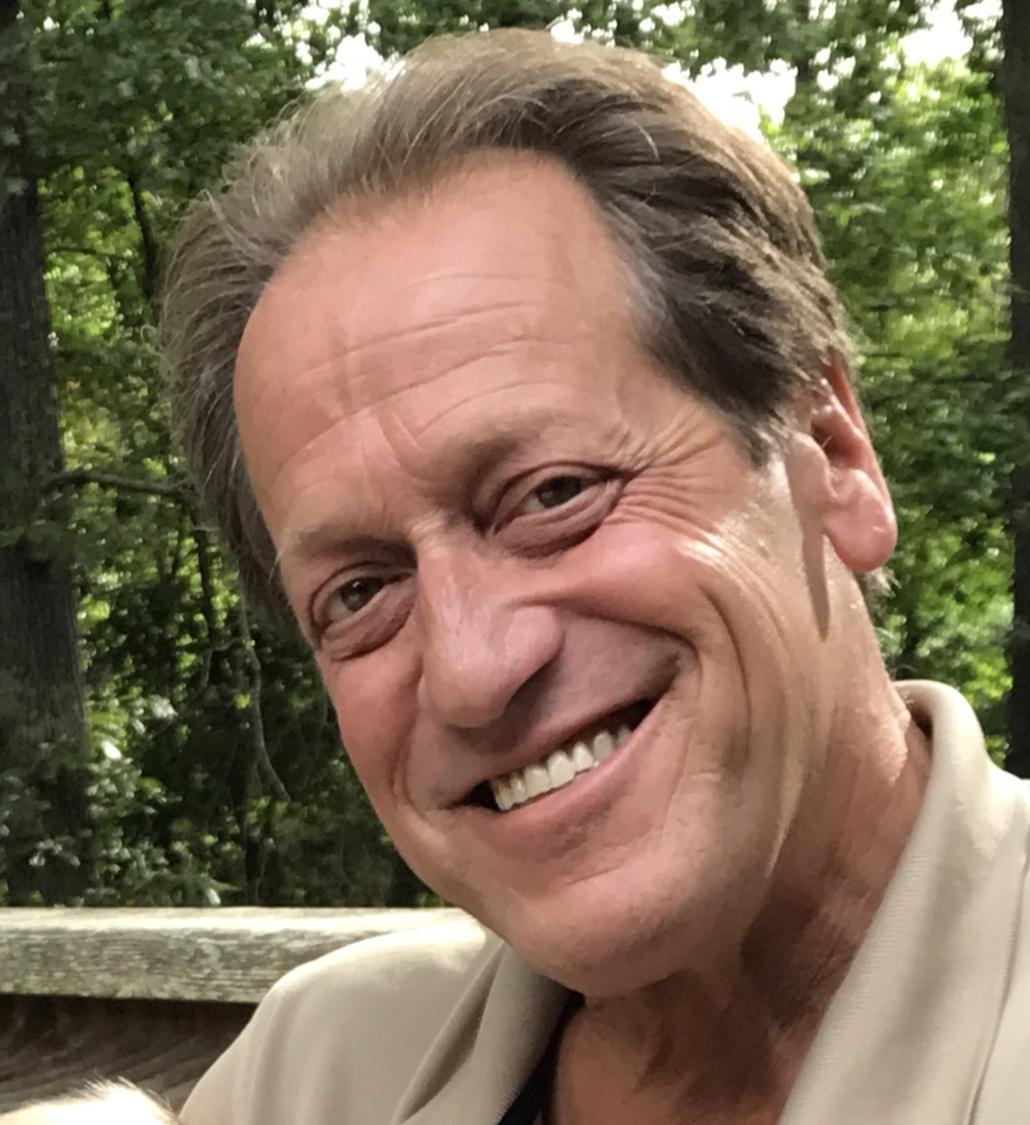Over the course of 35 years in the PR industry, Michael Ares has worked with some of the biggest agencies out there, building and expanding investor relations and corporate communication teams at the likes of Edelman and Ketchum in Dallas and FleishmanHillard in Atlanta.
In 2014 he launched his solo PR business, MDA Corporate Marketing, to get back to what he loves best — working directly with his C-suite and higher education clients and doing a lot of writing. After so many years in the business world, Michael’s work now marries the best of communications consulting and business consulting, as he helps his clients untangle their complex ideas and take their companies to the next level.
Michael attended the University of California at Berkeley, where he competed in NCAA gymnastics and earned an undergraduate degree in philosophy of language and a masters degree in classical rhetoric. Both experiences inform his PR work, as well as his role as a founder and advisory board member for Project HEAR Us, which aims to combat bullying in schools and communities.

We sat down with Michael to discuss why he made the move away from the agency model and what he loves about the work he does now.
‘I’ve always been a client guy’
After teaching graduate courses for a couple of years at Berkeley, Michael answered an ad for a financial writer at an investor relations practice that was catering to the first wave of IPOs in 1980s Silicon Valley. From there he worked on in-house corporate communications teams for a decade before making the jump to the agency side in 1994.
Working at large agencies provided Michael opportunities to grow PR teams and work with interesting clients and CEOs, but he realized over time that the agency model wasn’t the best match for his passions.

“There are two types of people — there's client-focused and agency-focused — and I've always been a client guy,” he said. “Whenever the decision has to be made, client versus agency, I always end up going for the clients. And that doesn't really sit well with folks upstairs.”
Moving his way up the ranks of the agencies often placed him among folks who were more interested in “who you know” rather than “what you know.” Michael recognized that those relationships can easily fall away as people change jobs or move away, but the skills are more enduring.
“When you're basing your value on what you can do for your client, that is much stickier — to use one of today's popular terms — that's a stronger relationship that lasts longer and will always come back,” he explained.
Ultimately, Michael had to make a change to put him back in touch with what he loved doing most.
“The higher up you go [in an agency], the more successful you are doing what you're doing, the further you are placing yourself away from the thing that you do really well. You get further from clients and more toward managing the dollars and staffing and all of that, which I was good at but didn't like. So that's when I went out on my own,” he said.
Listening builds trust
At MDA Corporate Marketing, Michael works with two main groups of clients. His newest focus is in higher education, where he works with Auburn University, taking the research of leaders in various fields — engineering, business, supply chain management, finance — and making their work visible and applicable to the wider world.
He also works with startups, drawing on his Silicon Valley roots to help growing businesses raise money and move to the next level, “helping them appear like and actually act like a real business, a bigger business than they are.”
Michael loves working with senior-level and C-suite executives, listening to them and understanding their market in a way that builds trust and differentiates him from his competitors.
“Before I go meet with them, when I'm going to pitch them a piece of business, I know where they stand in the market versus their peers. I know their business, and I listen. I come back with — here's what I think I heard you say, here's what you think you need and who you are, and here's what the rest of the world thinks you are and what you do. And what we need to do is span that gap,” he said.
He also leans on his background in rhetoric, quoting Aristotle, who defined rhetoric as “the faculty of discovering in any particular case all of the available means of persuasion.”
Not only is this philosophy helpful in writing speeches, op-eds and online content for his clients, Michael says it also saves him time in conversations with CEOs.
“I listen and get a sense of what will fly, what won’t fly, what that person will do or won't do. And I try not to waste my time trying to convince them to do something for a reason that matters to me, versus a reason that they will sign up for,” he explained.
Lessons from the arena
After working in huge agencies and starting his own company, working with big tech clients and university faculty, Michael still refers back to his days as an NCAA gymnast at Berkeley, an experience which he says has formed his philosophy of life, work and performance.

(And yes, he’s very excited about the Olympics, as you may have guessed.)
When you watch a gymnast, Michael says, the routine you’re watching is one they have done thousands of times, putting in the work before ever stepping out onto the floor. But once the competition begins, the gymnast will raise a hand toward the judges to say, I’m willing to be judged on what I’m about to do right now.
“That's the performance, and that's what we do as consultants,” he explained. “If we're going to be successful, we have to be willing to raise our hand and say, here's what I'm gonna do for you.”
A gymnastics routine is constructed of a series of movements that not only meets the requirements but also flows together and builds before culminating in a great dismount. Similarly, a successful communications campaign integrates all of its elements to present a complete picture of the client or project.
And just like in gymnastics, the last part of a project is among the most important.
“Finish strong — deliver on the expectations you’ve set, the results the client paid for,” Michael says, recalling all of the days he practiced his dismounts more than any other part of his routines.
The last move of the routine, the culmination of the professional engagement — these are analogous. They’re the last thing that the judges — or your clients — see. That’s what they’ll remember most.”


0 Comments